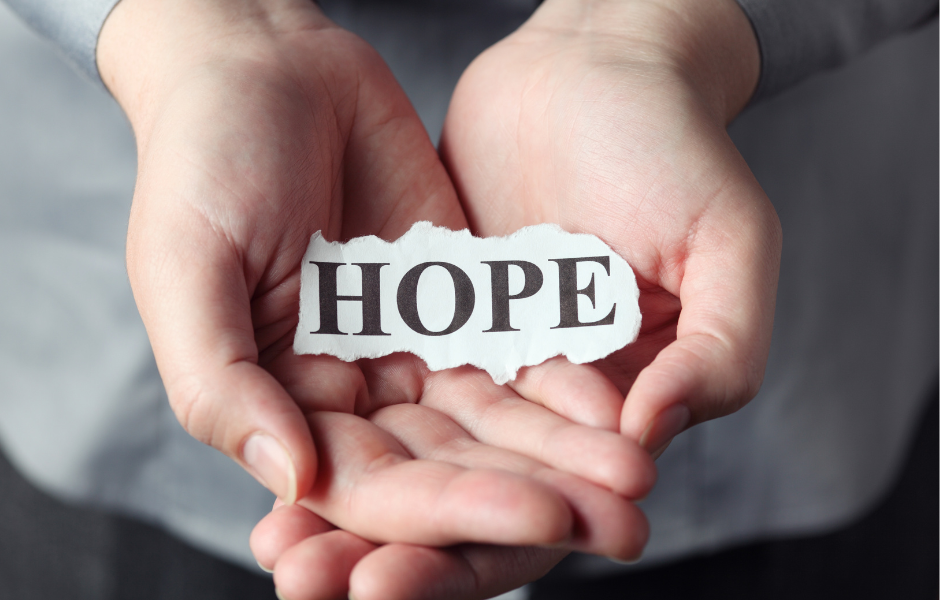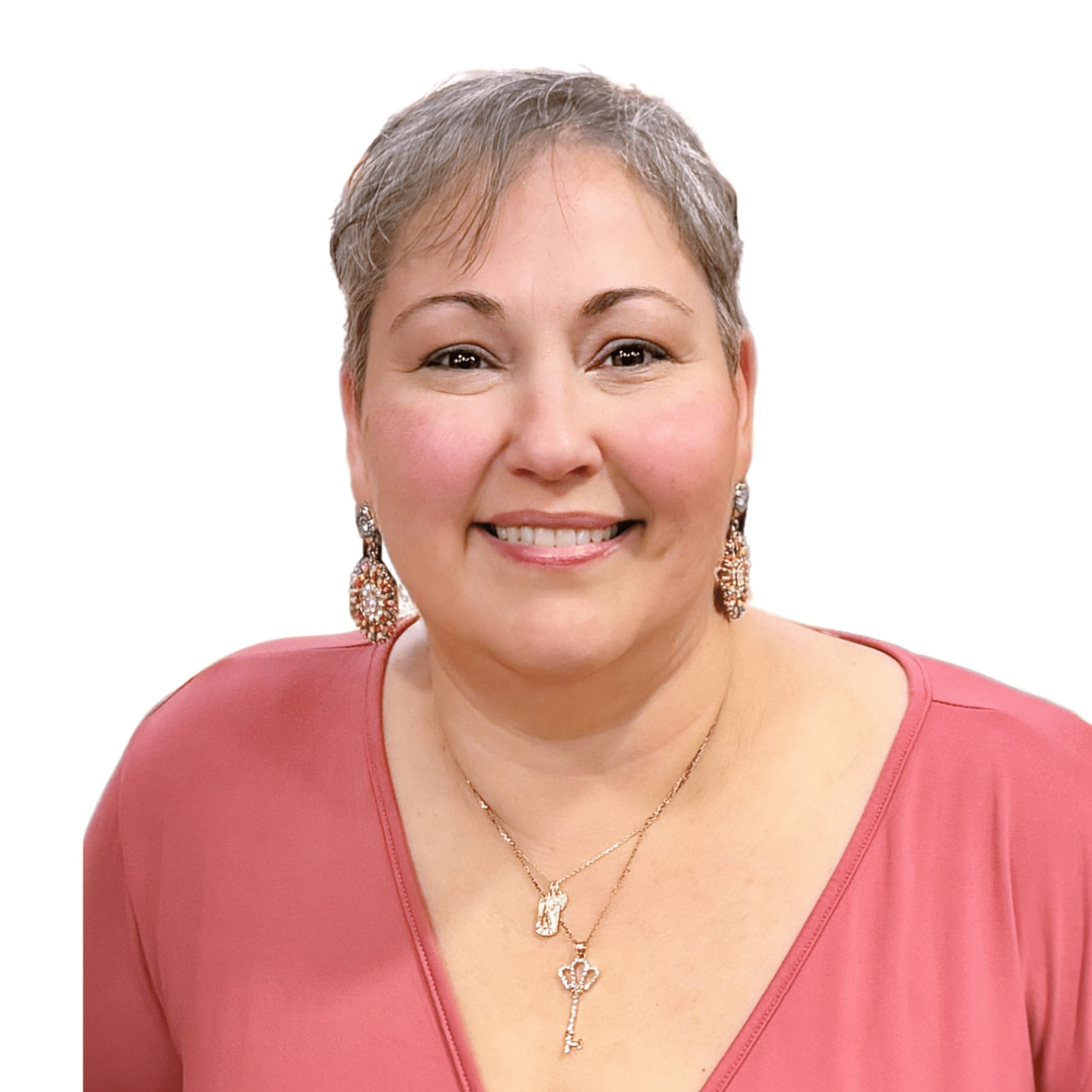
I don’t know about you, but nothing inspires me more than a comeback story. When the victim overcomes her struggle and shows her superpower. What superpower? The power of courage to tell her story. Her raw, authentic, and messy story. The story that takes a lifetime of guts to explore, she questions herself, and agonizes over. The story she doesn’t want to tell but does want to tell. The story is hard to articulate as her memories are fragmented and her emotions are a ceaseless pool of confusion, bewilderment, and pain. The story she is told implicitly and sometimes explicitly she can’t tell. The shame she holds either way.
Telling your story after abuse
It's okay to tell your story because if you wait to tell your story until no one will be made uncomfortable by it, it will never be told.
Your story will almost certainly hurt innocent people who are related or care about your abuser. These people may include spouses, children, grandchildren, siblings, parents, and extended families. If you tell your story, there are many people who will not like it. There are also people who will feel attacked, people who will feel afraid, and people who will feel betrayed. Many people will feel that you have stolen something from them or ruined their happiness. None of this is true. Only your abuser is responsible for the pain he/she caused you and others. It's not your responsibility to protect others from your trauma.
I've worked as a therapist and a Trauma Recovery Expert for the last 24 years. I see first-hand the impact of trauma on children and adults every day. Survivors need to feel safe enough to share their stories. Sharing your story helps you to understand what happened to you, why it happened, and how you can recover from it. It may surprise you to hear that sharing your story can help others as well. By helping other survivors, you will become stronger yourself.
It's okay to tell your story because it can bring healing and break shame.
Shame is an emotion that all humans experience. It comes from feeling bad about ourselves because we think we've done something wrong. When we feel ashamed, we try to cover it up. If we're caught doing something shameful, we might even feel guilty. People often feel ashamed if they get in trouble or fail. Some people feel ashamed if other people judge them.
Some survivors originally believe they are responsible for what happened to them. Often I hear a client state, ‘It was my fault. If I had done x and I could have saved myself.’. “What happened was probably not as bad as I'm making it sound.”. ” I will always be damaged goods.”. These beliefs are not true. This isn't the real story. It may be the story your abuser told you. It may be the story you were told by someone protecting your abuser. It may be the story you were told by an alleged helper. Your story belongs to you. In order to heal, we need to first own our stories. Memory fragments are okay. They are a normal reaction to an abnormal situation. Sharing what we are able to remember, with the support of a therapist, can be a vital path to recovery. Then we can be free to live fully. We can heal. We can grow. We can love.
It's okay to tell your story because it shines a light into dark places, creates healthier communities, and empowers others to break the silence.
There's a lot of pressure on victims to remain silent about abuse. We're taught early on that telling will bring harm to ourselves and others. If we tell, then we'll lose friends and family members and become shunned. We may even face criminal charges ourselves. But there's nothing wrong with speaking out. Abuse is never okay, and those who perpetrate it deserve consequences. By speaking out, you help ensure accountability and safety for future victims. You also give other victims strength and courage to come forward.
Survivors Inspire Me
In my work, processing memories, thoughts, feelings, and subconscious beliefs is work I guide as well as bear witness too on the regular. When a client trusts me enough to be vulnerable and unedited, it is humbling and a privilege. These are moments I don’t take for granted.
Narrative Exposure Therapy/Cognitive Processing Therapy
We tend to make meaning out of our lives by organizing our memories into stories. Narrative therapy then uses those stories to help change how we emotionally react to the past. A technique I enjoy using is finding an alternative ending to the story by assisting the client to consider an ending they deserved to have. Maybe a parent intervened, or a teacher reported it to authorities. Maybe the abuser apologized and spent time repairing the relationship in every way possible. The survivor may feel relief with practicing the endings of their choice. They may have enough relief from their disclosure. Results have varied based on the person and the abuse endured.
Cognitive Processing Therapy helps to overcome stuck points by examining and analyzing the false belief system that formulated within the survivor’s psyche over time. This doesn’t solely happen during the active abuse phase, but can happen throughout a survivor's lifespan if they don’t learn how to challenge their thinking patterns. It is hard to learn something when you may not be aware of how automatic and false our thoughts can be. This is where my speciality lies. I have studied cognitive behavioral therapy, cognitive processing therapy, prolonged exposure therapy, eye-movement desensitization and reprocessing therapy, accelerated resolution therapy, and written exposure therapy. Of course, other types of therapies as well.
It is okay to get help
You will find that every time you tell your story, your emotional distress will trickle down and the memory will start to feel more tolerable. At first slowly, but then at a pace where real relief is palatable. I start with little/less distressing traumas and work our way to bigger or Big “T” traumas. The trauma memory doesn’t become enjoyable or fun, but does become less intense.At this point, new neural pathways are formulating in the brain which provides hope to the survivor. It is a pretty cool experience to witness. You deserve to feel better!
If you can’t afford a treatment provider, it is possible to do some of this work with a friend or partner you trust. It may be a bumpier experience, but doable. You tell your story over and over. You write your story over and over. Rinse and repeat. Now you have inspired me, your partner, and most importantly, yourself.
For a complimentary consultation with me:
https://tidycal.com/healthrivedream/15-minute-meeting-consultation
Complimentary Gift: The Heal Thrive Dream “Hope Tool”



I love your company name. I have always strived to thrive and hope. Then I had a stroke. Now I needed to heal as well. As always when I have experienced a hard time, the trauma of being molested as a child comes to my mind. I think that I’ve finally accepted that this experience helped to create the thought that I am powerless. But by sharing my stories especially after the stroke has made me realize how strong I can be. Thank you for this post as well as helping people thrive with your therapy and company. ~ Cheryl
Thank you Cheryl for sharing your story with us! If we can do anything to help you on your healing journey, please let us know! We offer a free facebook group for survivors at: